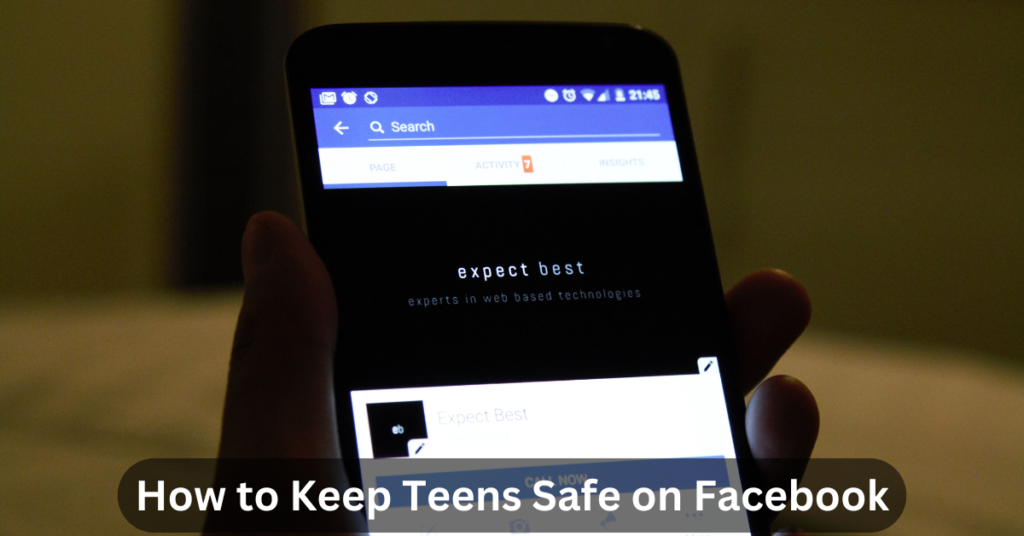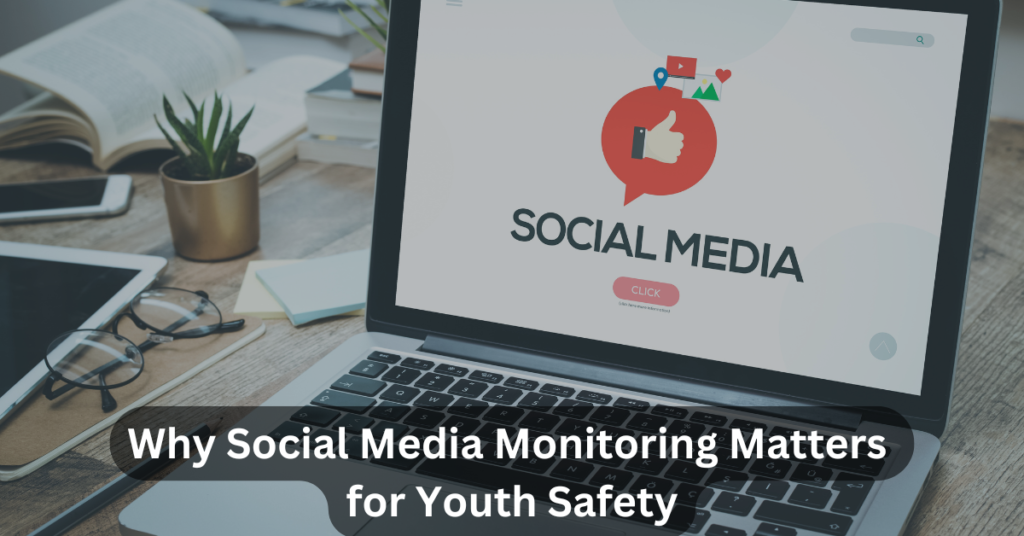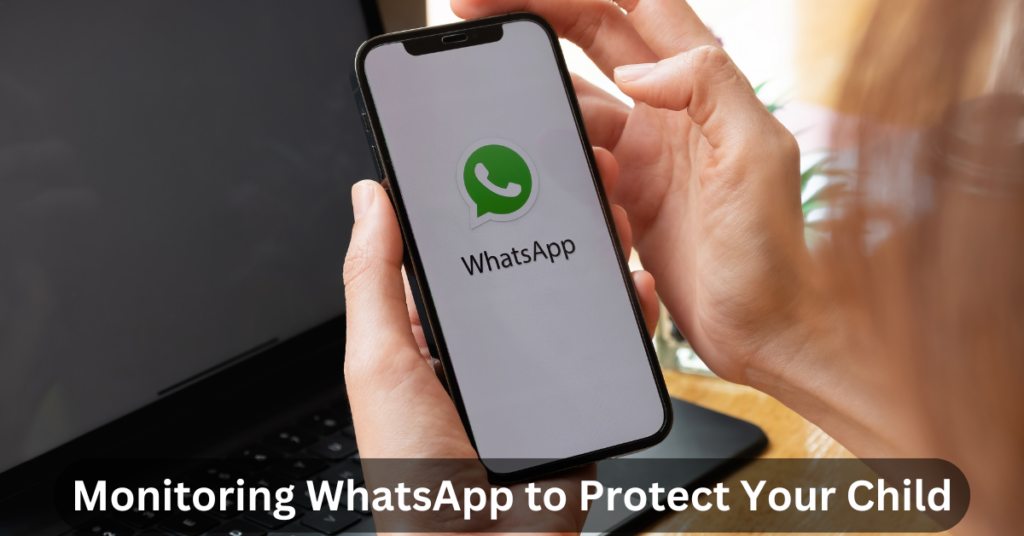Social media has become an integral part of teen life, offering unlimited opportunities for connection, self-expression, and discovery. Among these platforms, Facebook still holds a unique place, even in 2025. While the buzz may be around newer apps, Facebook’s extensive user base, versatile features, and community networks mean that millions of teens continue to log in every day. However, like any digital space, Facebook presents challenges for young users, including privacy risks, cyberbullying, and exposure to inappropriate content.
Let’s explore why Facebook matters for today’s teens, take a look at current trends in how they use it, highlights potential risks, and offers practical guidance for keeping teen users safe and confident in their online interactions. With the right knowledge and tools, Facebook can move beyond being a source of worry to become a positive resource for teens’ social growth and well-being.
Why Facebook Still Matters for Teens in 2025
Despite the booming popularity of platforms like TikTok and Snapchat, Facebook remains a highly significant social network in 2025 with over 3.065 billion monthly active users worldwide, maintaining its position as the largest social media platform globally. About 19-20% of teens still access Facebook daily, especially those from diverse socioeconomic backgrounds where Facebook functions as a community hub and communication tool. This shows Facebook’s enduring relevance in teen social lives, even as preferences shift to newer platforms.
Key Facebook Facts
- Facebook accounts for nearly 40% of the global internet population monthly.
- Teens aged 18-24 spend approximately 22 minutes per day on Facebook — less than older users but still meaningful.
- Facebook’s mobile-centric design is important as 98.5% of traffic now comes from mobile devices.
Also Read About: From Likes to Lifelines: Why Social Media Monitoring Matters for Youth Safety
How Teens Use Facebook Today: Current Trends
Teens tend to use Facebook more passively compared to other platforms. Instead of posting frequently, their activities focus on:
- Participating in private or interest-based groups
- Messaging and private communication with friends and family
- Consuming visual and video content such as Facebook Reels
Daily usage stats highlight that while only about 20% of U.S. teens use Facebook daily, many more visit the platform intermittently to stay connected with broader community circles and family. Usage tends to peak in the evenings and during daily commutes.
- Facebook serves as a space for teen connection beyond just social updates, including marketplace engagement and event coordination.
- Engagement is lower than TikTok or YouTube but remains steady thanks to community and family links.
The Hidden Risks of Facebook for Teen Users
Facebook exposes teens to unique risks that require awareness:
- Cyberbullying: While less prevalent than on some platforms, cyberbullying occurs through hurtful comments, sharing of embarrassing content, and exclusion in groups.
- Privacy issues: Teens sometimes inadvertently share personal information or struggle to navigate Facebook’s complex privacy settings.
- Exposure to harmful content: Teens can encounter violent, misleading, or inappropriate material despite Facebook’s content policies.
Impact of Cyberbullying on Teens
- Victims report lasting effects on self-esteem and mental health.
- Cyberbullying incidences can happen via comments, shares, or messaging.
- Facebook enforces community standards but parents must remain vigilant.
Read about: Beyond Blue Ticks: Monitoring WhatsApp to Protect Your Child
Cyberbullying and Privacy Concerns on Facebook
Cyberbullying remains a serious concern. According to studies, over 30% of teens face some form of online bullying, affecting their confidence and mental wellbeing. Facebook has taken steps to:
- Default teen accounts under 16 to private settings
- Offer clearer privacy controls
- Use AI to detect and act on bullying content quickly
Privacy-wise, 60% of teen users keep profiles private, though some may still unknowingly expose personal data. Empowering teens to understand and regularly update privacy settings is crucial.
Why Monitoring Facebook is Critical for Parents
Parents play an essential role in protecting teens online. Facebook’s social complexity means that unsupervised use can lead to:
- Exposure to bullying or unsafe contacts
- Sharing of sensitive personal information
- Experiencing negative emotional impacts from harmful interactions
Parent Monitoring Benefits:
Here is how monitoring can be helpful for parents:
- Early detection of bullying or distress signals
- Ability to guide safe online behavior and content sharing
- Reinforcing good digital citizenship habits
- Tools and app notifications help parents maintain awareness without invading trust.
Read about: Snaps That Disappear, Risks That Don’t: Why Snapchat Needs Monitoring
Best Practices for Safe Facebook Use
To keep teens safe on Facebook, a combination of education and safeguards works best:
- Use Strong Privacy Settings: Teach teens to adjust settings to restrict profile visibility and limit interactions.
- Educate About Risks: Discuss cyberbullying, phishing scams, and misinformation openly.
- Encourage Open Dialogue: Create an environment where teens feel comfortable reporting issues.
- Set Time Limits: Balance screen time to avoid overdependence on social media.
- Follow Up Regularly: Monitor changing Facebook features and privacy terms.
Social Media Monitoring Tools That Work for Facebook
Several tools help guardians safely monitor Facebook:
| Tool Name | Features | Free Version Availability |
| Hootsuite | Multi-platform monitoring, scheduling posts | Yes, with limited features |
| Social Searcher | Real-time keyword tracking, sentiment analysis | Yes |
| Brand24 | Advanced monitoring, influencer tracking | Free trial available |
| Vista Social | Analytics, alerts, multi-account management | Free trial available |
These tools provide actionable insights on teen activity and flag potential concerns without violating privacy excessively.
Balancing Teen Privacy and Safety on Facebook
Striking a balance between teen privacy and safety involves:
- Respecting teens’ need for privacy and autonomy
- Employing monitoring tools transparently with teen knowledge
- Engaging in regular conversations about safety and experiences
- Leveraging Facebook’s new “Teen Accounts” features that include parental controls while empowering teens.
Final Thoughts: Turning Facebook from Risk to Resource
Facebook remains a valuable social resource for teens when used thoughtfully. Awareness of usage trends, risks like cyberbullying, and active parental involvement can help teens enjoy Facebook’s benefits safely. By combining smart monitoring tools, open communication, and education on privacy, Facebook can shift from a potential risk zone to a trusted platform for growth, connection, and learning in 2025 and beyond.


